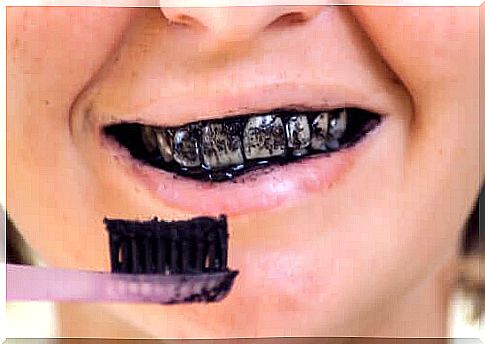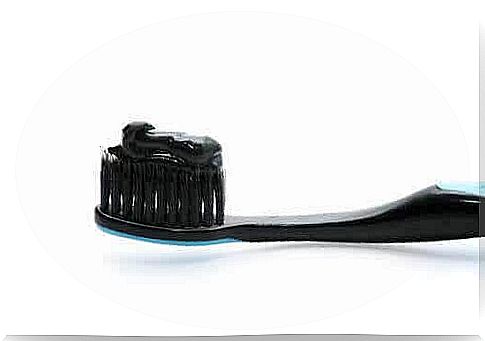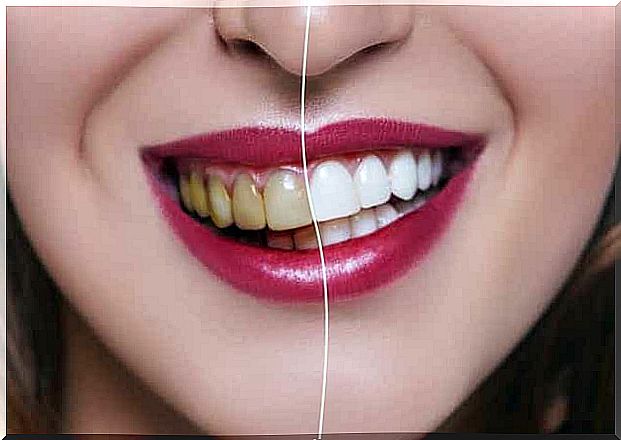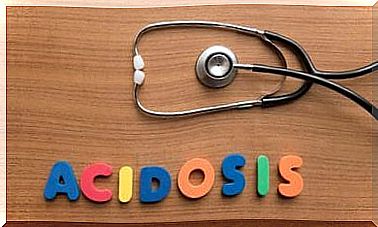Activated Carbon Risks To Oral Health

Activated carbon has become a hit in dental care over the last few years as it is promised to whiten teeth in an instant. However, many experts believe that the risks of activated carbon outweigh its benefits.
One of those who thinks this is the Spanish dentist Óscar Castro Reino, who points out that the carbon whitening properties of activated carbon are poor, in addition to which activated carbon can permanently damage teeth. He also stresses that in matters of oral well-being, it is always important to consult a professional rather than believing stories spread on the internet or publications shared by social media influencers.
Risks of activated carbon to oral health
Activated carbon is pure, porous carbon that is used, among other things, as a medicine and in the filtration of water. It is also a popular ingredient in dental products today, as its black color is promised to whiten teeth effectively. Activated carbon is made from, among other things, wood, coconut shell, peat and hard coal and lignite.
The teeth whitening effect of activated carbon is based on the fact that it absorbs superficial stains from the teeth. Since no chemicals are used at all, this is a very natural way to whiten teeth. However, it is good to remember that there is little scientific evidence of the whitening effect of activated carbon at this stage, and carbon-containing products rarely contain dental fluoride.

Products containing activated carbon do not need to indicate the abrasion value of the carbon, ie how much it damages the tooth enamel. If the abrasion value is high, the product can damage the tooth’s own, non-renewable enamel. This is problematic because the enamel protects the teeth from wear, temperature fluctuations and chemicals. Its wear can cause, among other things, tooth discoloration and dents, cracks and cavities, and sensitivity to certain foods or hot and cold drinks. Studies show that some activated carbon products can also irritate the gums. In addition, carbon can get stuck in places and cause discoloration over time.
Social media videos
Many social media influencers are excited to promote products containing activated carbon and share their own experiences of using activated carbon. In their videos and pictures, they apply activated carbon to their yellowish teeth, which suddenly appear bright white after rinsing.
In reality, however, it is only a special effect. The teeth covered with activated carbon are black, and when rinsed, the contrast to the previous image makes them appear whiter. According to Óscar Castro, these types of ads are a complete lie, even though they make many viewers and Followers believe in the incredible effects of activated carbon.

The natural color of the teeth
According to experts, the natural color of the teeth is not bright white, but rather ivory-toned. Hereditary factors and lifestyles affect tooth color. The fact that the teeth are not pure white does not necessarily indicate a problem with oral hygiene, but is usually perfectly normal. Castro emphasizes that the most important thing is oral health, not aesthetics.
To take care of your oral well-being, it is important to brush your teeth at least twice a day with fluoride toothpaste. In addition to this, everyone should have regular dental checkups.
Teeth whitening should be left to a professional
It is recommended that all dental care be left to a professional, and that advertisements and stories spread on the internet and social media should not be believed without reservation. If you want a brighter smile for yourself through teeth whitening, you should call your dentist. He can not only recommend the best and most gentle whitening method, but also check the condition of the teeth before starting whitening procedures. If your teeth have cavities or gingivitis in your mouth, teeth whitening can be a risk, which is yet another good reason not to whiten your teeth on your own at home.









